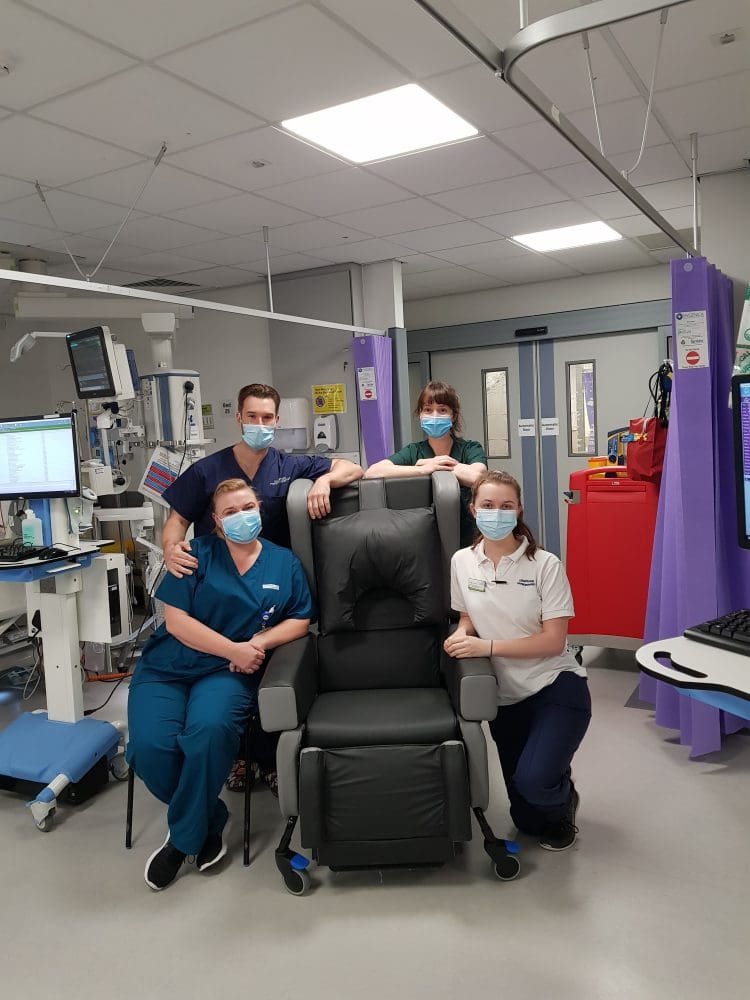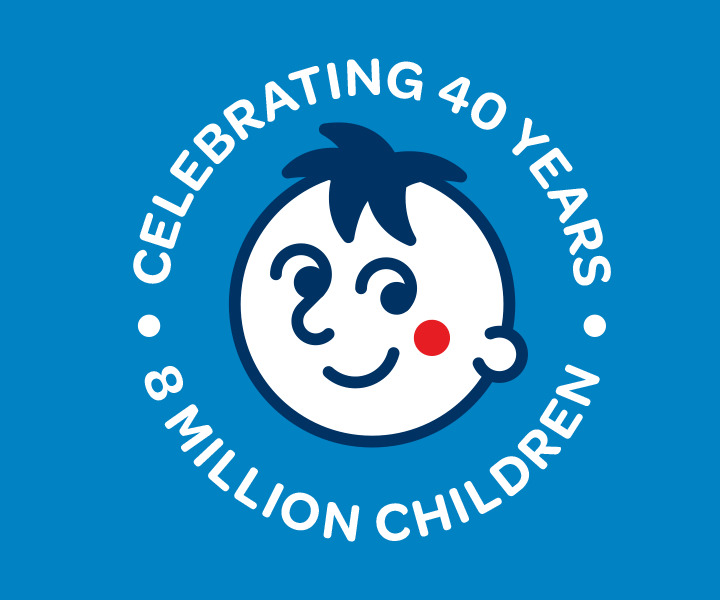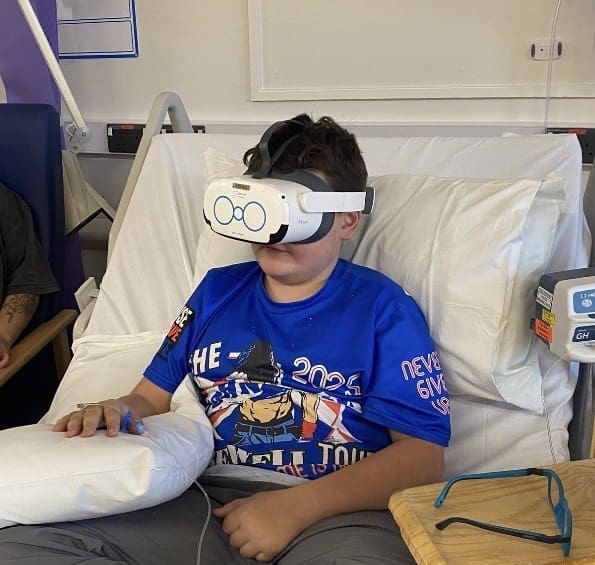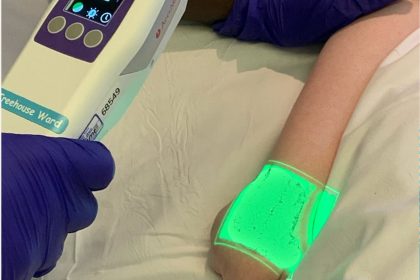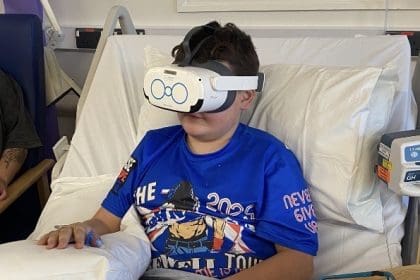We provide specialist medical equipment for children in hospital
MedEquip4Kids improves the health and wellbeing of babies and children in the UK by providing equipment and facilities not available from limited NHS resources. We also deliver the Hummingbird Project, a programme of mental health workshops in schools.
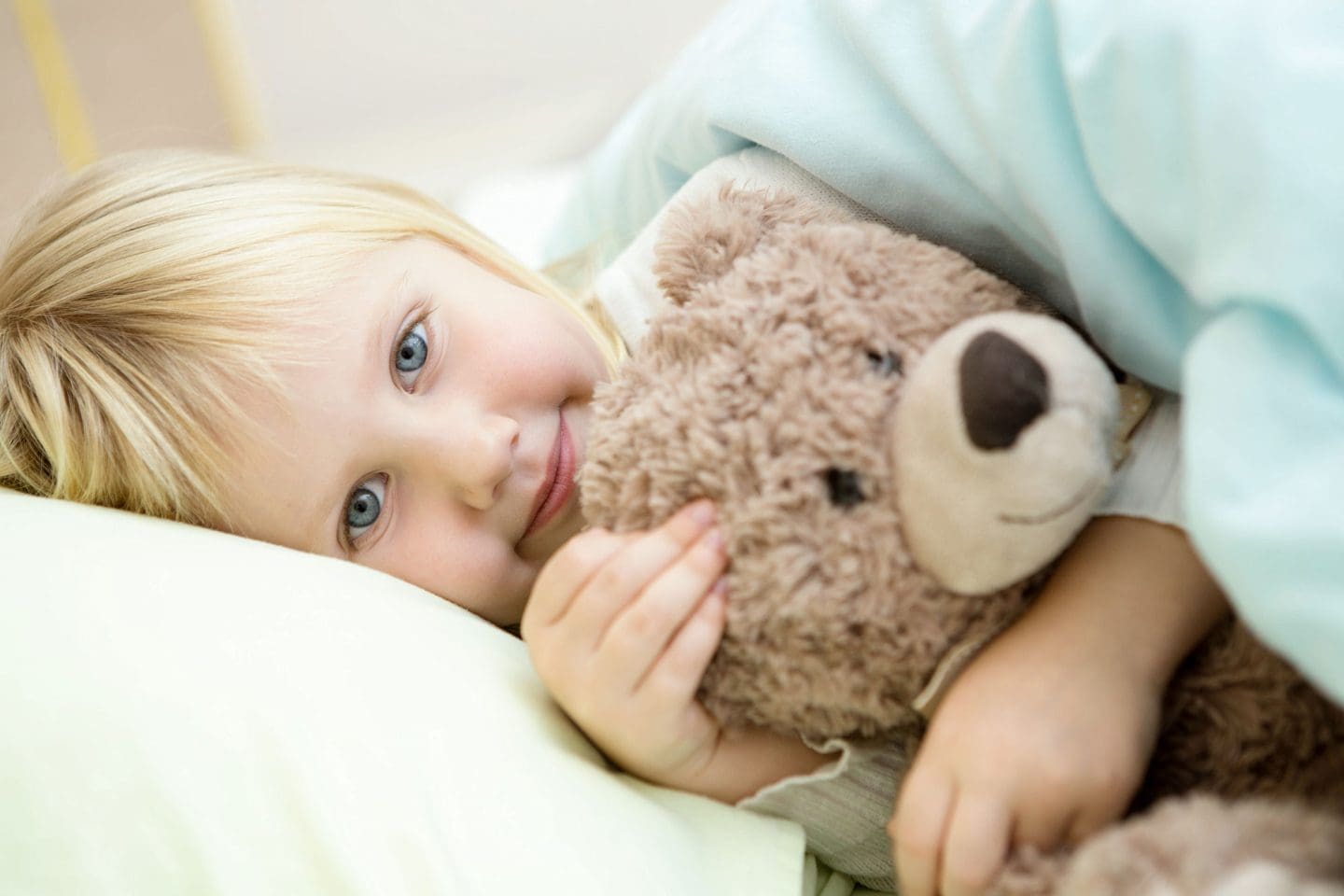
Donate now
Our Projects
3 Jaundice Meters to Liverpool Women’s Hospital
We are fundraising £15,718.33 to support over 6,000 babies per year by providing Liverpool Women’s Hospital with 3 Jaundice Meters (Transcutaneous Bilirubinometers), one for each of their Community Midwife Teams. These handheld devices allow midwives to non-invasively assess newborn babies through the skin, providing instant readings during home visits. This enables immediate identification of babies […]
Find out more →Green Fold Special School – Acheeva Work Stations
We are looking to provide four new Acheeva Beds for Green Fold Special School in Bolton. These are unique work stations that allow children with physical disabilities like Scoliosis and Hip dysplasia or Profound and Multiple Learning Disabilities (PMLD) to lie in a supported, balanced posture while participating in classroom learning activities. An Acheeva Bed […]
Find out more →Spoons Sensory Sessions – Sensory Resources
Spoons Sensory Sessions are aimed at families with babies and children under two who required neonatal care when they were born due to being premature or sick. Preterm babies are at risk for motor/sensory development and are higher risk for learning difficulties, sensory issues and global developmental delay. As essential care equipment in neonatal units […]
Find out more →Support Us
“The specialist treatment chairs are a new vital resource for the therapy team and nursing staff to be able to safely and comfortably sit extremely complex, dependant, critical care patients out of bed. The chairs allow us to begin the patient’s rehabilitation journey by providing appropriate postural support at the same time as pressure relief to allow the patient to build the muscle strength to hold themselves up against gravity. This allows them to begin to interact with their environment in a more normal way, enabling them to participate in meaningful activities such as meal times and activities of daily living.”
Physiotherapy Team
Critical Care Unit
Royal Preston Hospital
